Real Estate Giant: Amira Sajwani, General Manager – Sales and Development of DAMAC Properties
CBNME conducted its third Real Estate Giants roundtable at Jumeirah Emirates Towers. We spoke to Amira Sajwani, General Manager – Sales and Development of DAMAC Properties, on a variety of topics such as real estate trends, sustainability practices both in construction sites and within their own organizations, the rise of the affordable luxury market in the UAE, and so much more.
The real estate market has seen a exponential boom since the start of Expo 2020.
According to JLL, over 40,000 expected residential units will be handed over by the end of 2022, showcasing the emirate’s strong and resilient sector, especially with how it was able to bounce back from the pandemic two years ago.
The number of Dubai residential units in total, including apartments and villas, has been reported to be at a total of 657,000 on March 31st, 2022 with the expected delivery of 42,000 additional residential units by the end of the year.
The supply of completed residential units is based on quarterly surveys of the entire Abu Dhabi and Dubai metropolitan areas that reflect units that have been handed over for immediate occupation, with the expectation for the year ahead being another successful one with continuous increase in demand, transaction volume and new project launches.
Property Finder also reported that following the conclusion of Expo 2020, 6,983 real estate sales transactions worth AED 18.2 billion were recorded in April, the highest ever for the month since 2009.
Secondary market sales transactions, comprising 60% of the total, constituted 4,212 transactions worth AED 12.86 billion, while off-plan properties, comprising the remaining 40%, constituted 2,771 properties worth a total of AED 5.33 billion.
Compared to April 2021, April 2022 witnessed 45.48% more transactions, resulting in a 66.62% spike in value. This is broken down into a 46.2% increase in the secondary volume and a 63.86% increase in value, as well as a 44% increase in off-plan sales transactions and a 73.68% increase in value.
Amira Sajwani is the General Manager – Sales and Development at DAMAC Properties where she plays an instrumental role in developing and driving the development and sales strategy and bringing new products to the market.
In her role, Amira oversees the 360-degree development of properties to ensure product values are maximised. This involves various stages of the development process including design, construction, marketing and analytics.
Additionally, she oversees the operations of DAMAC’s network of direct and independent sales agents both locally and internationally, as well as the development of agent programmes and initiatives, which strengthens partnerships, and empowers agents with the tools they need to sell more effectively.
Sitting on DAMAC’s Board for Innovation, Amira is a graduate of University College London (UCL), where she majored in Project Management for Construction, and holds a Masters in Finance from the London School of Economics (LSE).
REAL ESTATE TRENDS
The real estate industry in Dubai has shifted – back in 2008-09 the type of investments that were happening in the city were different than what we see today. Back in those days when the regulations weren’t as clear and there were speculations about Dubai and this bubble, there were many people who wanted to make a quick buck, enter and flip a property and put down whatever they had and hope to sell it off in between, and then actually have the money to continue.
This led to a lot of debt and defaults in the next few years and a downturn of the market as people were selling at a loss – this brought the entire market down.
But today, the type of investment coming in very different. These are real investors – wealthy people with genuine businesses who are moving their companies here. Dubai has become a technology hub – not just of the Middle East but Asia too, where a lot of companies after the pandemic are starting to move their hubs to Dubai. I know many founders of global start-ups who are shifting their bases to Dubai as the regulations here are business-friendly, the city is a great place to live, and it’s not as expensive as other metropolitan cities.
SUSTAINABILITY
We have a large project department, where the senior product management team handle projects, tenders, and quality assurance control internally. We put in effort to manage sustainability by educating them – encouraging them to attend courses that kept them updated on the latest sustainability trends in the real estate sector. In addition to this, we have a dynamic and diverse team. And I think this really helps, because when they sit around a table to discuss a project and tender – it’s not in the hands of one person to make the decision – we get inputs from all the team regarding sustainability.
We have our technical and development departments and each project’s course goes through so many different eyes and many of them point of different things – as basic as have a certain amount of external space in our developments or the type of glass that needs to be used before even the project is tendered. We’ve split our project across several stages, and this allows teams to pick up different aspects of the project which then culminates into one final tender.
AFFORDABLE LUXURY
When you look at Dubai, most of the projects here are affordable luxury. Because today Dubai is on the same level as London, New York, Hong Kong, and Paris. We’re no longer competing with emerging markets. We are now on the same playing field as developed markets that have the biggest financial markets, tech incubators, real estate giants, etc. So, our comparison table has changed. When you look at other metropolitan cities, Dubai is still the cheapest in real estate.
In New York and London, a studio apartment costs the same as a five-bedroom house in Dubai. When you define affordable luxury, we also have to keep in mind the ticket price of affordable luxury. Dubai has slightly excessive supply but in a way that is beneficial to the end-user. Because when there is more supply, us a developer we have to ensure that our property has an edge, is opulent, and has competitive pricing.
Dubai has affordable luxury – when you look at the project and the finishes that are available in the city, there are apartments that are quite luxurious for the definition of affordable luxury at Dhs1.3 or Dhs1.2 million. In my opinion that is very affordable, at the end of the day it is luxury.
Dubai offers a lot of luxury properties which are affordable across all developers. The city has exceeded all expectations of affordable luxury globally. If you look for affordable luxury properties in cities like New York or London, you won’t even be in the parameter of the city, whereas in Dubai you can be located centrally for a cost of just over a million dirhams and that is without even approaching the secondary market. Dubai has done a phenomenal job with affordable luxury, because they’ve set the benchmark so high that the basic projects today are affordable luxury.
I don’t see any project launched in Dubai in the past one year that is anything but an affordable luxury property in the ticket price of Dhs1.5 million upwards. I think developers are doing a great job in that segment.

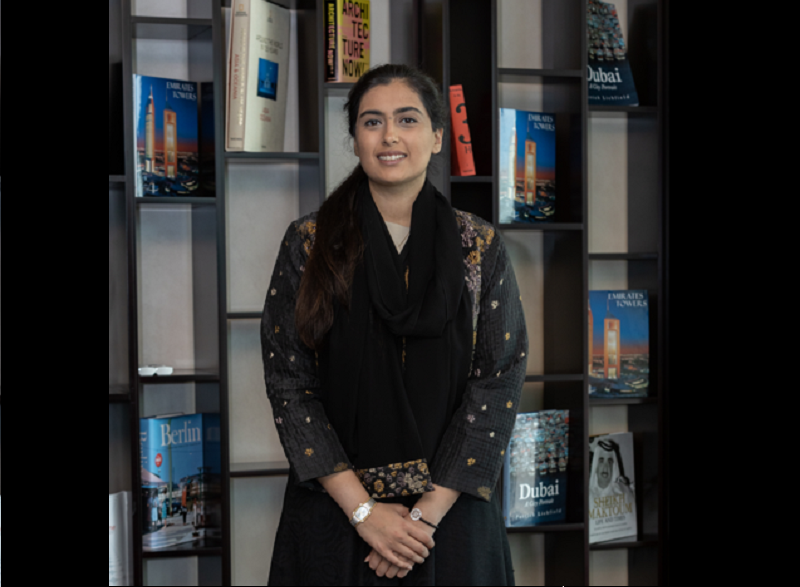


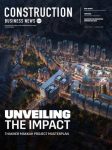
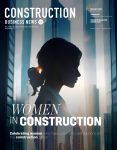




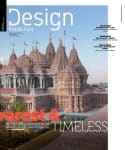


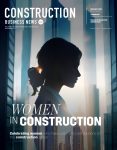
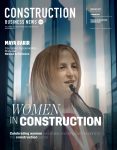

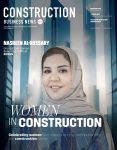
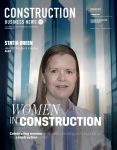
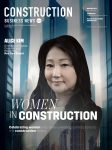
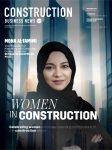
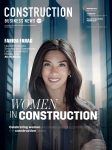
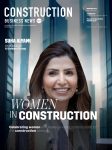
 Kuwaiti developer URC signs with Ahmadiah Contracting for the Commercial District development at Hessah AlMubarak
Kuwaiti developer URC signs with Ahmadiah Contracting for the Commercial District development at Hessah AlMubarak